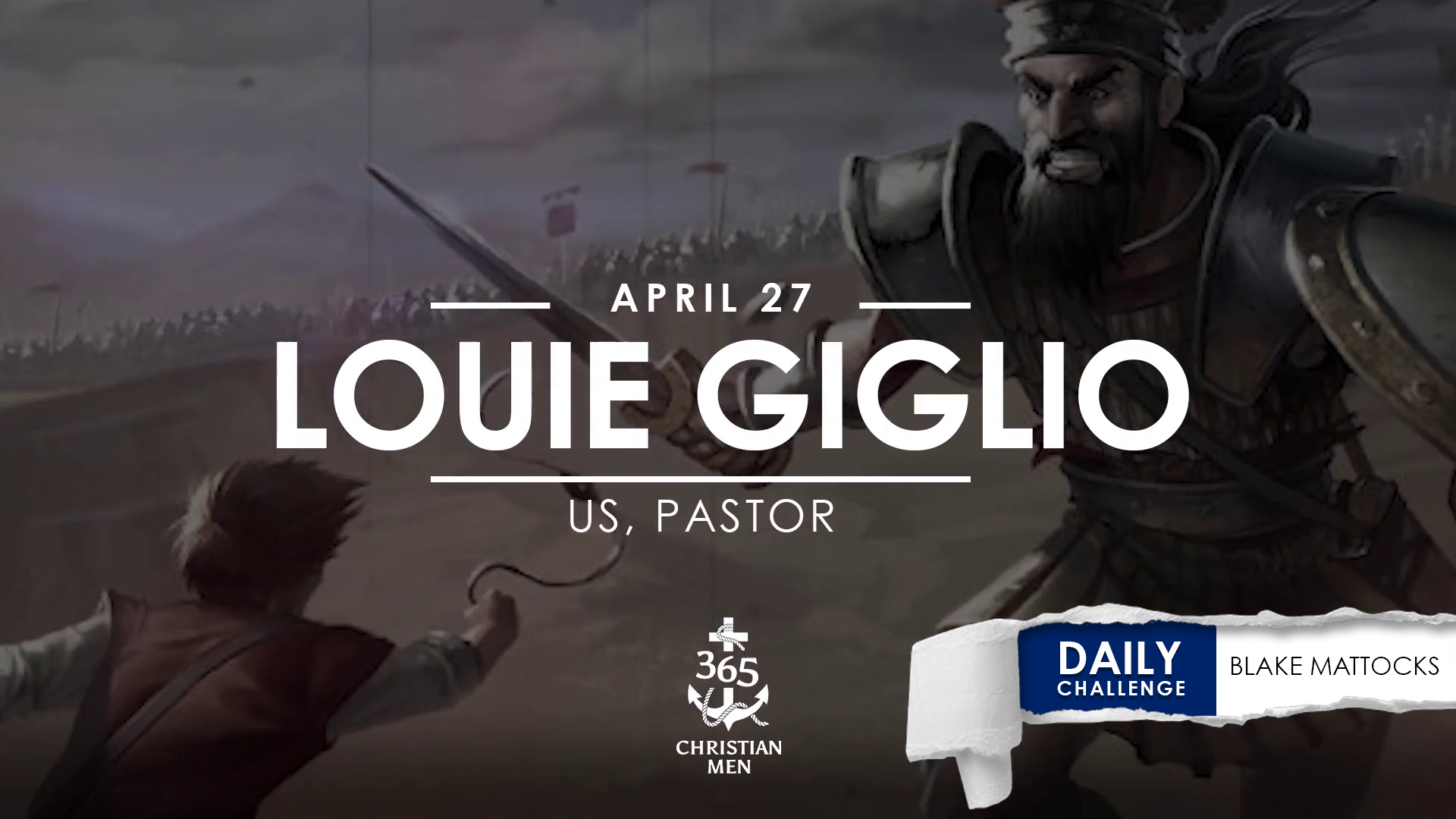April 29. Vasily Dimitrievich Zhomiruk. Vasily was of one of the richest men this earth has ever known. You haven’t heard of him? By the end of today’s story, you might forget his name. And that’s the way he would want it. Vasily never asked to have his story told. “I don’t want to take any glory from Christ,” he would say. His mission was to point people, not to himself, but to God. Here’s his story.
When you spend your life sharing Jesus, your life will keep on sharing Him when you’re gone.
The thermometer read 40 degrees, but the Colorado sunshine poured into a large kitchen and made it feel 20 degrees warmer. Crowded with aunts and uncles and cousins, not a corner in the whole house lacked family members some chattering away in English, older ones mostly in Russian.
Vasily sat at the large table, spread with an assortment of Russian foods: salads, grapes, baked fish, and homemade pelmini—Russian dumplings.
When his daughter-in-law walked into the room, she called, “Come kids! It’s time for blinchiki!” From all over the house, family members rushed in and clamored for the sweet dessert.
Vasily closed his eyes as memories of another time and place swept over him. It was in Siberia 1937.
Thirty prisoners were stuffed in a small room with concrete walls and thin mattresses. Straw covered the floor. Thirty-six-year-old Vasily was grateful to have so many bodies in the room; it kept the temperature a little warmer than the 12 degrees outside. Siberia’s reputation for brutal cold did not disappoint.
The closer it got to mealtime at the prison, the quieter it became, as each man’s hunger overtook his attention. Then the meal arrived. Bones and water. And the desperate, sometimes violent, scramble for sustenance ensued.
Vasily was as hungry as anyone else. So hungry the bones looked like a feast, but he didn’t join the mob. He had something these men didn’t; he had access to the richest blessing a person could have; he had a relationship with Jehovah Jireh, God the Provider.
Thinking about the filthy stable where the King of Kings was born, Vasily sat in the straw and watched the men unknowingly devour his share of the meal.
“Fill my belly, Lord!” he prayed, “Fill these men’s bodies with enough to satisfy them, and fill their souls with You. Give me strength, Lord!”
Vasily spent fourteen years in a Siberian labor camp in Communist Russia for the crime of preaching the good news of the gospel. That was the first time. After his release, he joined his wife and children and an underground church. Not long after, he was arrested a second time for sharing the gospel and sent back to Siberia for several years.
Once freed and back in his home city, his little church begged him to be their pastor. He had learned to trust God so well, his faith had grown so strong, they hoped to learn from him. He agreed to take on the risk. Sure enough, he was arrested again, and he served time—only to have it all happen a fourth time. In all, he spent twenty-five years of his life in Siberian prison camps.
Through a US-church-sponsorship program, Vasily and his family immigrated to the US in 1993. They settled in a Colorado city and joined a church. Vasily watched his children, grandchildren, and great-grandchildren grow as believers—secure and thriving in a land of freedom without threat of persecution.
Now, still at the table with his family, Vasily opened his eyes. But he would never forget those hungry men in Russia. He looked around at the table filled with food and his loving family. It was too beautiful, too abundant to keep for himself. God had not brought him here to live a good, safe life, to die clutching those blessings to himself. He had been given too much not to share it with those in need.
“Peter,” Vasily called his son over.
“Help me stand. And gather everyone. I want to say something. Then let me lie down.”
Peter supported his thin frame. The family quieted and stood to listen.
“Buy me a ticket to Russia,” Vasily said. “I’m going back.”
His shocked family protested; he was 95 years old! But Vasily insisted.
In May of 1997, he returned to Russia and preached at his little church, which had grown larger. Then he went to share Jesus with his daughter who had remained all along in Russia. He had to tell her the truth about Jesus.
Vasily finally felt satisfied. In his son’s small Russian house, Vasily lay down on the couch. “Okay, Lord, I’m ready to meet you,” he said aloud. “I’m done.”
And with that, he passed into his heavenly home.
“Now all glory to God, who is able, through his mighty power at work within us, to accomplish infinitely more than we might ask or think. Glory to him in the church and in Christ Jesus through all generations forever and ever. Amen” (Ephesians 3:10-21 NLT).
“My nourishment comes from doing the will of God, who sent me, and from finishing his work” (John 4:34 NLT).
What is the story of your life telling others? When you spend your life sharing Jesus, your life will keep on sharing Him when you’re gone.
Story based on an interview with Blake Mattocks and Tanya Davis, Vladimir Petrovich Zhomiruk, and Lydumila Mikailovna Zhovmiruk, August 26, 2020.














